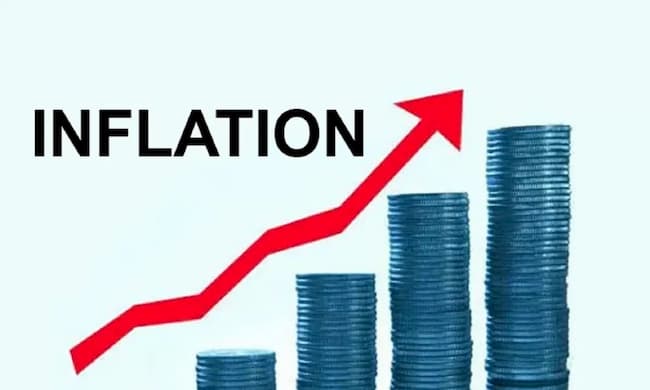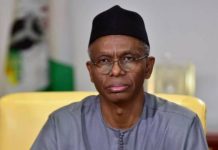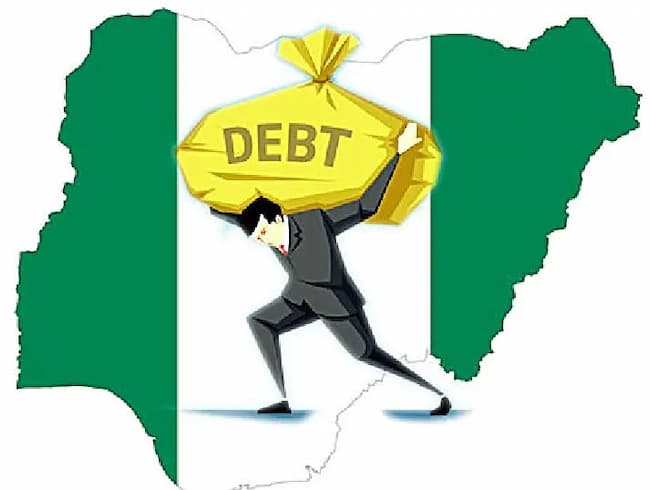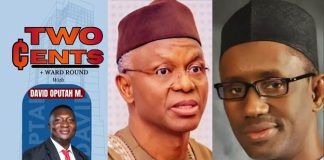Mr. Bismarck Rewane, the Managing Director/Chief Executive Officer, Financial Derivatives Company Limited, predicted that double-digit inflation in the country will remain and average at 16 per cent in 2021.
Mr. Rewane predicted the Central Bank of Nigeria (CBN) will focus its monetary policy objectives on the attainment of price stability in 2021.
However, he warned that the pursuit of multiple objectives could undermine the effectiveness of the CBN’s monetary policy in 2021.
He stated this in a report titled, “Breakfast at Dinner Time: 2020- A Year to Remember or Forget,” which also forecasted that the country would record positive economic growth in the third quarter of 2021.
Rewane noted that a change in the interest rate policy would be likely in the in-coming year and, “will increase debt servicing costs.”
READ ALSO: House of Reps Disclose Reason For Raising 2021 Budget
“Nigeria is already in a liquidity trap. The CBN will have no choice but to raise interest rates as it prioritse price stability over economic recovery. The timing of an interest rate increase will be a function of money supply growth, federal government’s overdraft, galloping inflation and exchange rate pressures,” he said.
The FDC boss also predicted that Nigeria’s oil production would increase by 500,000bpd as OPEC agreed to ease output cuts from January 2021, to reach an average oil production of 1.65 (mbpd) from1.61 mbpd in 2020.
He said that the federal government, which is already confronted with a wider fiscal deficit of ₦5.19 trillion in 2020, amid lower revenues, would attempt to spend its way out of the recession by significantly boosting domestic revenue mobilisation by broadening the excise base, increase the price of petrol and the raise the VAT rate gradually to the ECOWAS average of 15 per cent by 2025.
Rewane further predicted that the passage of the New Petroleum Industry Bill (PIB) in 2021, would make a return to fixing petrol price less likely and encourage upstream oil investment by bringing clarity to fiscal terms.
Positive growth to be expected from Q3 2021 and will be driven by land border reopening, AfCFTA and pick-up in economic activities. FY’21 growth is estimated at 1.1 per cent,” he said.













